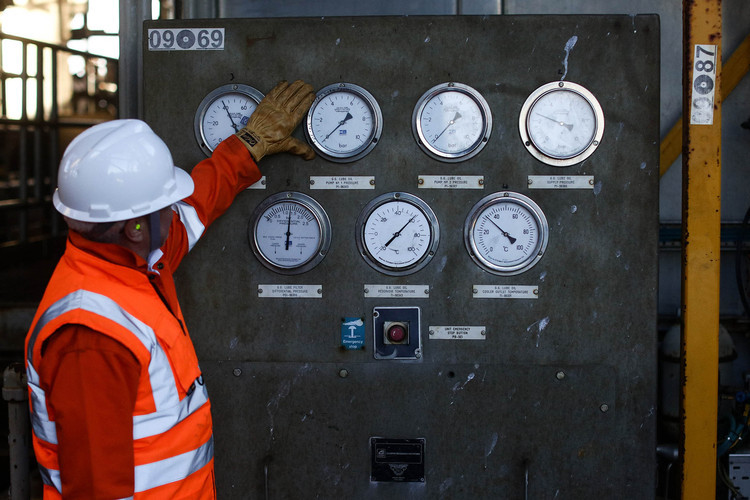
Trafigura has called for a new levy on marine fuels in order to reduce carbon emissions in the shipping sector.
A charge on carbon-intensive fuels would help drive the development and competitiveness of lower – or no – carbon alternatives. The International Maritime Organisation (IMO) should impose a levy of $250-300 per tonne of CO2 equivalent on shipping fuels.
The trader noted an IMO study, from August, which projected that emissions would increase by up to 130% by 2050, from 2008. The IMO had set out a plan to reduce emissions by 40% by 2030, from 2008 levels, and at least 70% by 2050.
The IMO imposed new fuel rules in shipping at the start of 2020, the Trafigura white paper noted. “They do not help to meet greenhouse gas emissions reduction targets alone. The ships in use, the fuels that power them and the related infrastructure need to start changing,” it said.
Trafigura’s head of oil and petroleum products Jose Maria Larocca and head of fuel decarbonisation Rasmus Bach Nielsen wrote the paper.
The IMO should launch a system that Trafigura described as “partial feebate”. Under this, a fuel with CO2e intensity higher than an agreed level would pay a levy. When a shipper uses a fuel below that benchmark, a subsidy is provided.
Cash from the levy would go to research into alternative fuels and help small island states to manage energy transition.
Calculating costs
Trafigura is responsible for more than 4,000 voyages per year. A carbon levy of the type it proposes would “have an immediate effect on shipping costs” for it and others. “This increase in operational costs will spur charterers to change behaviour to reduce emissions, charter more efficient ships and switch to lower carbon fuels.”
Accurate information would be essential. Trafigura suggested that shipping companies would be required to disclose use between the last discharge port of a previous voyage to the discharge port of current voyage. This is already the case within the European Union and European Economic Area (EEA).
An IMO group would also be required to test fuels in order to establish the CO2e intensity.
